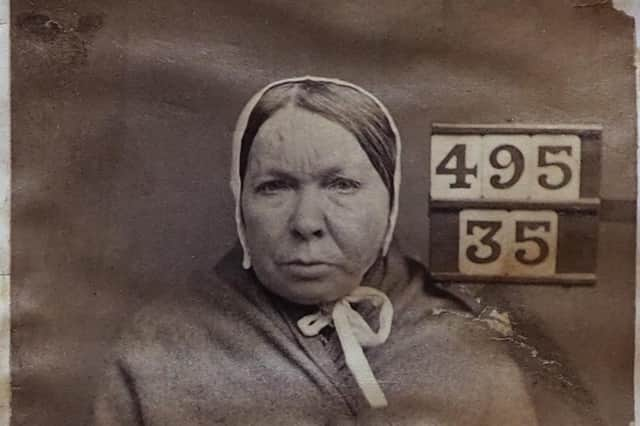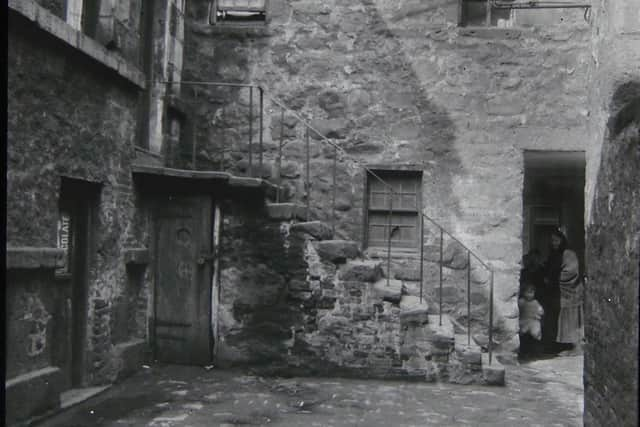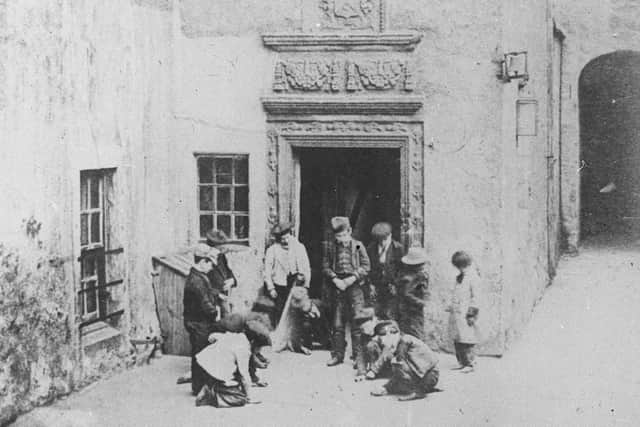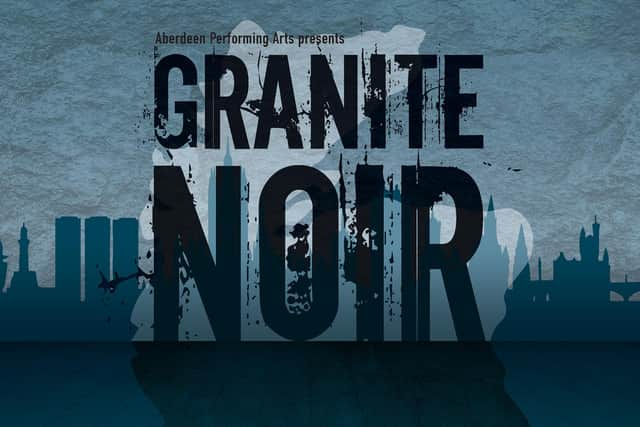Aberdeen turns the spotlight on Victorian woman’s lifetime of crime


Now the story of “habitual thief” Grace McIntosh and her repeated brushes with the law in Victorian-era Scotland will take centre stage this month during one of the nation’s leading crime writing festivals.
Her home city of Aberdeen is to stage a special event highlighting the “remarkable” record of Victorian-era poverty and desperation which can be traced via accounts of her McIntosh’s repeated trials and prison sentences.
Advertisement
Hide AdAdvertisement
Hide AdThe one-off talk, The Life of a Victorian Criminal, is being staged on Sunday as part of Granite Noir’s programme this weekend to accompany a new exhibition exploring why nearly 300 children were embroiled in a life of crime in Aberdeen by the mid 19th century.


The exhibition, The Grit in the Granite, which can be seen at the Music Hall and the Lemon Tree until the final day of the festival on Sunday, is said to “shine a light into the hidden corners of the city’s past.”
It will recall how 62 boys and 14 girls under the age of 14 were behind bars in the city by then.
Born on Jack’s Brae in Aberdeen, McIntosh appeared in court for the first time in 1838 and was sent to the Van Diemen’s Land penal colony in Tasmania in 1844.
However when she returned to Scotland a decade later she continued to fall foul of the law, serving separate six and seven year sentences before passing away in 1880, months after she was discharged from Perth’s Prison.


Described as a “hawker” in Census records, she is said to have been unable to write at all.
Aberdeen city archivist Phil Astley, who will be speaking at Sunday’s event with Dr Dee Hoye, an honorary research fellow at Aberdeen University, said: “The poor and destitute in Aberdeen in the 19th century leave little or no trace of themselves, except through their court appearances and incarcerations, and in Grace’s case her transportation to Tasmania.
Advertisement
Hide AdAdvertisement
Hide Ad"Through these papers we can learn a great deal about the deprivations of the city’s underclass during this period of prosperity and expansion.”
Jane Spiers, chief executive at Aberdeen Performing Arts, which organises Granite Noir, said: “Granite Noir celebrates the best in crime fiction, but equally the festival gives us an opportunity to shine a spotlight on the fascinating real life stories that inspire and ignite the imaginations of authors and storytellers.


“The exhibition is a perfect example of this, providing a unique insight into the underbelly of Victorian Aberdeen, revealing the grit in the granite that makes up our city and really bringing the past to life.”
Among the guest authors appearing at Granite Noir will be Louise Welsh, Ann Cleeves, Lin Anderson, Denise Mina, Jenni Fagan and Sue Lawrence.
The festival will feature a theatre production recalling the city’s links with the persecution of witches in the 16th centuries and 17th centuries, and a new theatrical twist on Sir Arthur Conan Doyle’s classic Sherlock Holmes tale The Hound of the Baskervilles.
Themes from Shaft, Mission Impossible, James Bond and The Pink Panther will be among those performed at a specially-curated BBC Big Band concert.
